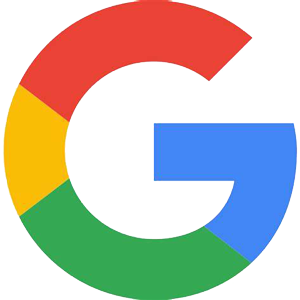ChatGPT has emerged as a game-changer in the realm of digital marketing, revolutionising the way businesses interact with their audiences and create content. This AI-powered chatbot has garnered immense attention for its potential benefits and drawbacks.
Let’s take a look at the key aspects of using ChatGPT in digital marketing, shedding light on its rapid replacement of popular AI content tools, the pros and cons of employing ChatGPT for content creation, and whether it genuinely simplifies the lives of digital marketers.
ChatGPT vs. Other AI Content Tools
ChatGPT’s ascendance in the digital marketing sphere is reshaping the landscape, challenging the dominance of traditional AI content tools. Unlike static AI tools, ChatGPT possesses the unique ability to engage in dynamic, conversational interactions, making it an appealing choice for marketers seeking to humanise their digital presence.
Its adaptability across various marketing tasks, from crafting blog posts to responding to customer inquiries, provides a versatile solution that outshines the one-dimensional capabilities of its predecessors. This shift underscores the industry’s growing appetite for AI solutions that can truly emulate human communication, ultimately enhancing customer engagement and brand relevance.
Pros of ChatGPT in Content Writing
ChatGPT’s prowess in content creation offers numerous advantages for digital marketers. It excels in producing content swiftly, saving time and resources. Its scalability allows for the generation of vast quantities of content, catering to the demands of content-hungry digital platforms.
Moreover, the quality and consistency of its output often rival that of human writers. This AI-driven efficiency not only boosts productivity but also enables marketers to focus on strategy and creativity.
ChatGPT’s ability to generate engaging, on-brand content ensures that brands maintain a compelling online presence, fostering customer loyalty and brand recognition.
Cons of ChatGPT in Content Writing
While ChatGPT presents promising benefits, it’s not without its drawbacks. One significant concern is the potential for biased or inappropriate content generation. ChatGPT may inadvertently perpetuate stereotypes or produce content that violates ethical guidelines.
Additionally, its lack of genuine creativity and understanding can result in content that lacks depth or authenticity. These shortcomings require careful oversight and post-generation editing to ensure content aligns with brand values and avoids controversy.
The challenge lies in striking a balance between the AI’s efficiency and the need for human intervention to maintain content quality and ethical standards.
Impact on Digital Marketers
The integration of ChatGPT into digital marketing workflows is transforming the roles of marketers. Automation of content creation and customer interactions means that marketers can allocate their time more strategically, focusing on higher-level tasks such as strategy development, data analysis, and customer relationship management.
However, this shift also demands upskilling in AI technology, as marketers must understand how to harness ChatGPT effectively. The increased reliance on AI may also lead to job displacement concerns, making it crucial for marketers to adapt and acquire new skills in this evolving landscape.
Ethical Considerations
The rise of ChatGPT in digital marketing raises significant ethical concerns. Transparency is a key issue, as consumers may not always distinguish between human-generated and AI-generated content. Marketers must consider how to disclose the use of AI in their communication to maintain trust and transparency with their audiences.
Additionally, the potential for ChatGPT to produce biased or misleading content necessitates ongoing monitoring and ethical guidelines. Striking the right balance between AI efficiency and ethical responsibility is a critical challenge for marketers as they navigate this AI-driven landscape.
Does using AI tools such as ChatGPT give more advantages than drawbacks?
Well, the answer is a thunderclapping “NO”. While it is true that the AI tool makes it easier for some tasks to be accomplished, it lacks human emotion which only human writers can truly surface. We can say that the advantages and drawbacks are nearly 50/50.
The undeniable efficiency and scalability of ChatGPT come at the cost of authenticity and genuine human connection. In the realm of content marketing, where building relationships with audiences is paramount, AI can fall short. AI-generated content, devoid of genuine emotion and understanding, may fail to resonate with readers on a deeper level. The inability to infuse content with human empathy, humour, or nuance can hinder the establishment of meaningful connections.
Moreover, the risk of AI-generated content appearing robotic or formulaic looms large. Content created by ChatGPT often lacks the unique voice and style that human writers bring to the table. This can lead to a homogenised digital landscape where brands struggle to stand out and engage with their audience effectively.
The decision to use such tools should be a careful balancing act, considering the specific goals and values of the digital marketing strategy in question.
Hand Picked Articles















